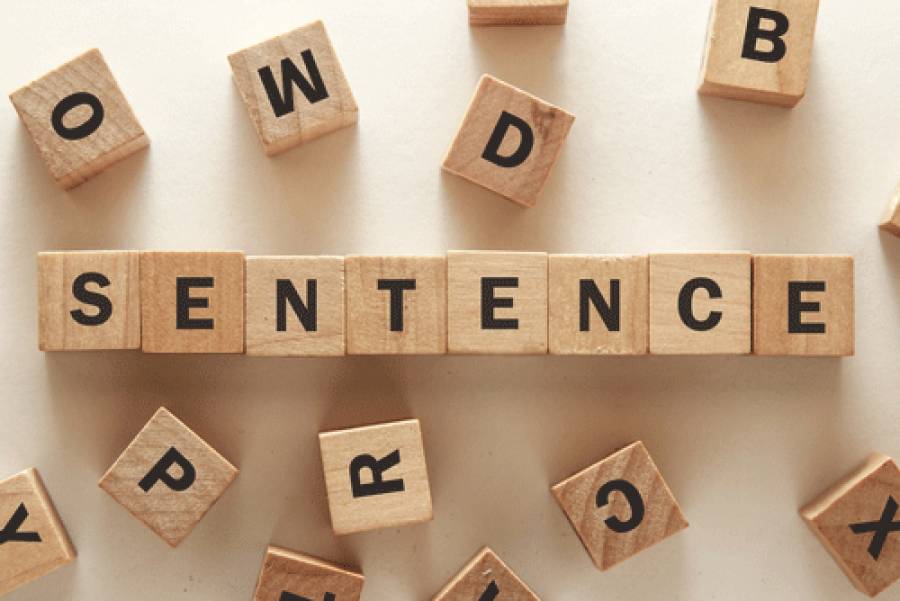The Best Articles Are Only Two Lines Long
Chances are you won’t reach the end of this blog. That’s a bit sad, but it’s not really my fault. Because it seems, at least according to a recent study by Microsoft, that the average human being now has an attention span of… just eight seconds.
That’s only just long enough to get through my first paragraph, in fact. The figure is controversial because (before computers were invented) apparently people used to manage about double that. But let’s not get too into the science. Because even at the most optimistic end of the spectrum, people are only allowed minutes, not hours of attention. What does this mean for authors?
People do not have enough attention span to read through your book.
Even when people really, really want to read your book, if it appears too long to read at one go, they will split the task into pieces and guess what? They will sort of forget to get back to it.
As for those dedicated souls who do read all through your book, they will have forgotten most of it by the time they reach the end. Likely, much of the content is never actually consciously registered.
“I try to offer big ideas in bite-size chunks.”
This sounds terrible and even rather condemnatory, but I’m not condemning and I’m certainly not pretending to better than anyone else! In fact, all my writing career I’ve worked on breaking complicated issues down into small parts. Most of the time, that’s been because I find it easier to make sense of them like that—don’t we all? But it’s also my preference—to read things in that short format. I try to offer big ideas in bite-size chunks.
Which brings me to one of the great unsung innovations in recorded writing which is, it seems to me, the invention of the paragraph. Originally these were just little symbols inserted among the words, a kind of long full stop. But did you know that at one time books had no full stops let alone paragraphs? The text just ran on page after interminable page. James Joyce wrote a book like that. But then Ulysses, 256,000 words and barely a full stop, was supposed to be a "work of art" rather than something readable.
What’s so awful about books that offer the reader no pauses, no breaks? But it is simply this: the reader is supposed to retain all the content while reading. Of course, a paragraph, let alone a page, let alone a book with no pauses is a very miserable task and an unnecessary exercise, to boot.
“...the single sentence paragraph. These fit comfortably within our diminished eight-second attention spans.”
By contrast, there is the luxury of the single sentence paragraph. These fit comfortably within our diminished eight-second attention spans. However, in 1890, a stuffy grammarian named John Earle wrote in a book called English Prosethat “The term paragraph can hardly be applied to anything short of three sentences.” This led to a response from a true expert in the arts of paragraphing, one Edwin Herbert Lewis, in his 1894 volume, The History of the English Paragraph. In this, he counterblasts that even the celebrated Dr. Johnson, a writer specifically praised by Earle, used single-sentence paragraphs no less than twenty-seven percent of the time.
Just twenty-seven percent of paragraphs as one-liners? That’s a scholarly tract! But Lewis goes on to offer some statistics that might be shocking to grammarians brought up on the idea that paragraphs really ought to have more than one sentence. He says that no less than two thirds of one of Daniel Defoe's essays (the "Essay Upon Projects") was composed of single-sentence paragraphs. And he measures and comes up with weighty texts by other celebrated authors such as John Bunyan, William Paley and Lawrence Sterne, where over half of the writing is in single sentence paragraphs.
So where’s all this literary trivia getting us? (To use a much undervalued stylistic advice known as "reminding the reader of the question!") The point is that paragraphs are an essential response to the reality of our limited attention spans. A good writer will make sure that each one briskly poses with "the point" before delving into the issue in a bit more detail. But only one issue, only the issue at hand, because another great literary sin, and attention diversion, is to start to ramble, whether it be to introduce a new idea, or just to go on too long.
“...the author needs to re-engage with the reader...”
And now indeed, I feel your attention wandering and my word limit running out and so I too must quit. But it is with this thought: that every few lines, every thirty seconds or so, the author needs to re-engage with the reader, to provide them with solid reasons to give them their valuable attention.
Martin Cohen is a full-time author specializing in explaining complex topics in a direct and lively way. His latest project, I Think Therefore I Eat: the Word’s Greatest Minds Tackle the Food Question, represented by literary agent Mark Gottlieb, is a book about food and why no one—governments, doctors or even celebrities—really seem to know even the truth about it.


